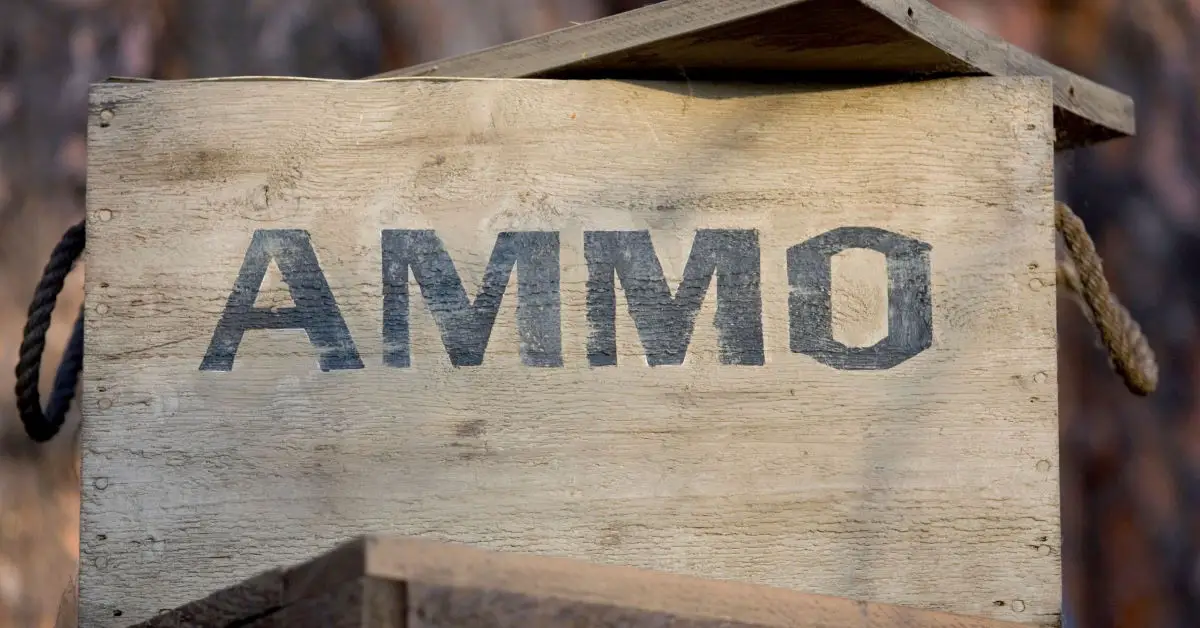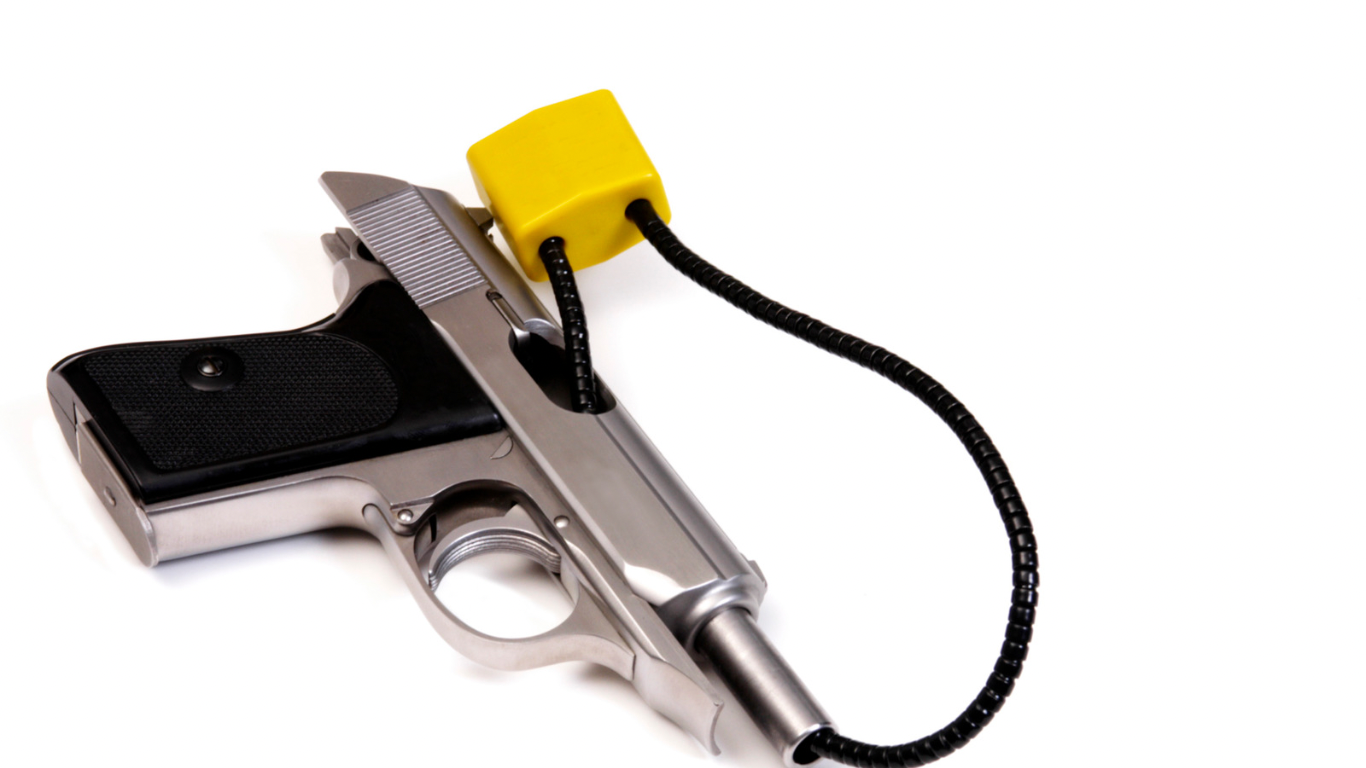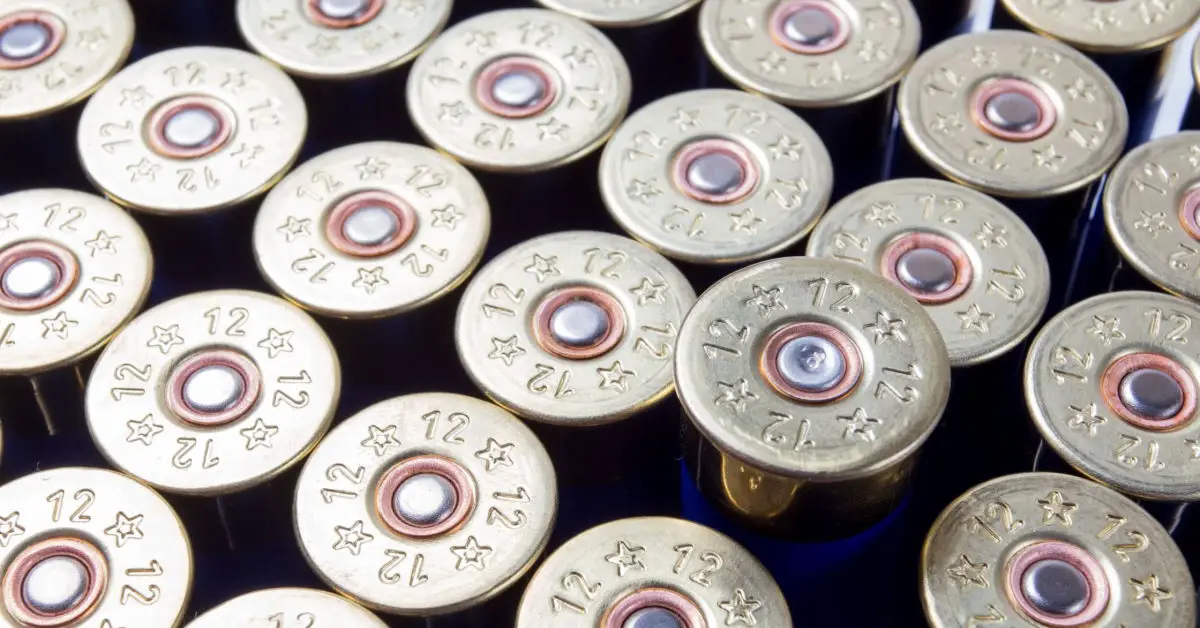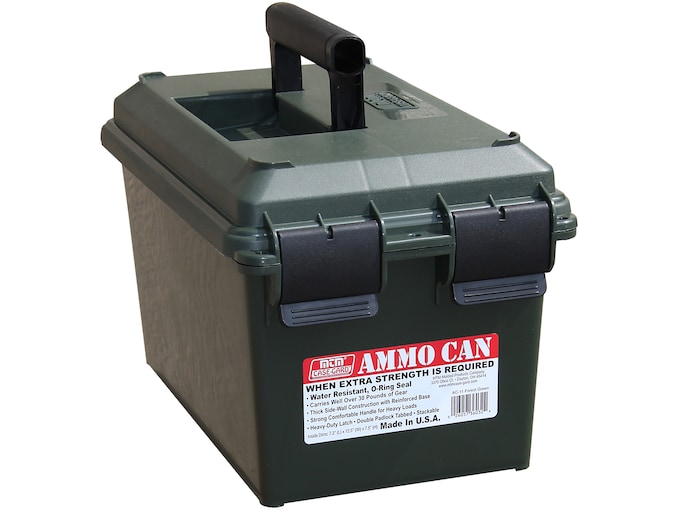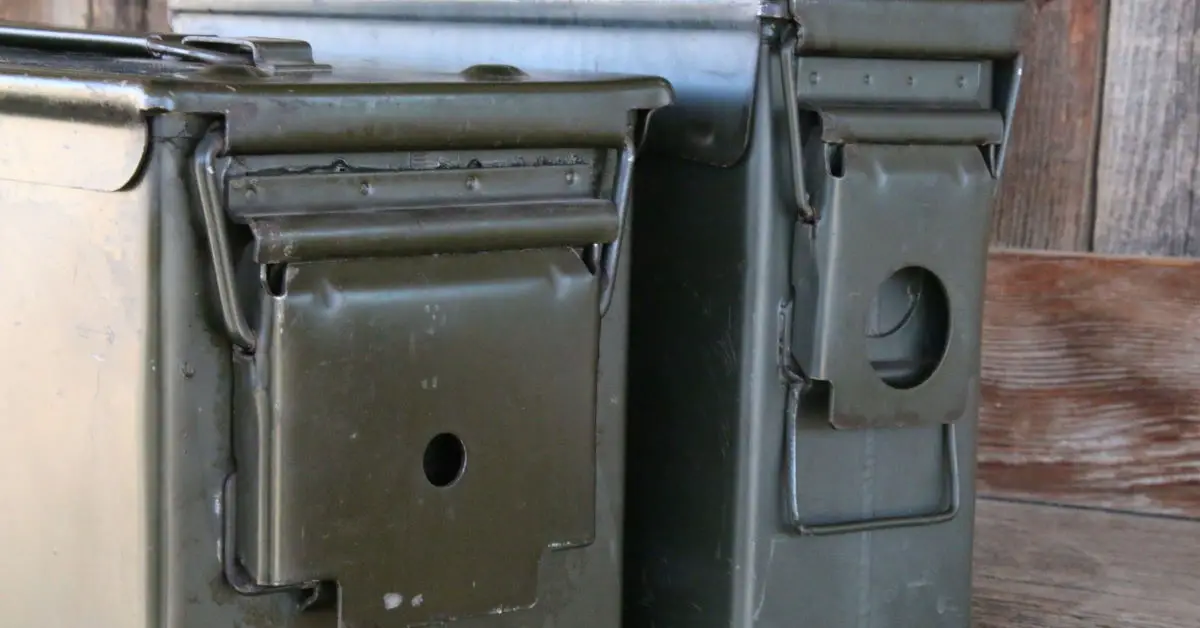Gun ownership is a controversial topic that’s often riddled with misconceptions and opposing viewpoints. Despite the differences in opinions and beliefs, one thing is certain: gun safety is paramount. Whether you own a firearm for self-defense or hobby, it’s critical to practice responsible gun ownership. Ensuring that you know how to use, store, and handle a gun safely can potentially save lives and prevent accidents. In this article, we’ll provide a comprehensive guide to gun safety that covers the key principles of firearm safety.
Understand Your Weapon
Before you make any decision to own a weapon, it is important that you understand what it entails to own and use one. You should start off by reading extensively on the topic. You cannot afford to assume anything when it comes to gun safety. Only when you fully understand the responsibilities that come with weapon ownership can you make informed decisions that promote safety. Here are a few components that should be part of your research: the type of gun, how it functions, how to load and unload it, and how to clean it.
Always Assume That A Gun Is Loaded
A crucial rule of gun safety is to always treat a gun as though it’s loaded. Even if you are sure that the gun is not loaded, ensure that everyone around you assumes that it is. This will help prevent any accidents that may occur due to negligence. Above all, never point a gun at anyone, unless in self-defense. When not in use, ensure that the gun is pointed in a safe direction throughout storage and transport. This will go a long way in ensuring that gun safety is maintained at all times.
Proper Storage
When not in use, guns should be stored properly. Ideally, they should be stored in a gun safe or a locker that’s out of reach of children and anyone who is not authorized to handle them. Store ammunition separately and lock it using a safety lock. And if you have to transport the gun, ensure that it is unloaded, the safety is on, and it’s locked in a safe container. Storing your gun safely will prevent any unauthorized use of the gun and will limit its access to children and other persons who shouldn’t have access to it.
Practice, Practice, Practice
If you own a gun, ensure that you practice frequently. Make sure you learn how to operate and handle the gun correctly. If you’re new to gun ownership, taking a safety course is an excellent way to learn the necessary skills. However, practice should not be limited to just shooting range practice, it should also include the dry firing of the gun. Taking these critical steps will not only enhance your skills in handling and firing, but also improves your preparedness in any situation that requires gun use.
Conclusion
Gun safety is everyone’s responsibility, and it’s crucial that we all adopt good practices for responsible gun ownership. Knowing how to handle your weapon, always treating your gun as if it’s loaded, proper storage, and frequent practice are the four key tenets that ensure gun safety. Make gun safety a priority in everything related to weapons handling. Also, make sure you’re aware of the policies and laws pertaining to gun ownership and use in your locality. Remember, responsible gun ownership starts with you.

